
What Is PCOS?
PCOD or Polycystic Ovarian Disease and PCOS or Polycystic Ovarian Syndrome appear to be identical however are two unique issue. PCOD implies that your ovaries are reeling under strain and feeling the brunt of the unsettling influences in the body and by and large not working at their pinnacle proficiency. PCOS implies that these aggravations are currently no longer just in ovaries but at the same time are showing in different parts of the body as skin inflammation and body hair to put the mildest first. Yow can reduce PCOS with a proper PCOS diet plan to lose weight.

Source :- endocrineweb . com
Common Symptoms Of PCOS:
Some women start seeing symptoms around the time of their first period. Others only discover they have PCOS after they’ve gained a lot of weight or they’ve had trouble getting pregnant. Let’s Know the symptoms…
The most common PCOS symptoms are:
Irregular Periods:
A lack of ovulation prevents the uterine lining from shedding every month. Some women with PCOS get fewer than eight periods a year.
Heavy Bleeding:
The uterine lining builds up for a longer period, so the periods you do get can be heavier than normal.

Source :- up – nature . com
Hair Growth:
More than 70 percent of women with this condition grow hair on their face and body — including on their back, belly, and chest. Excess hair growth is called hirsutism.
Acne:
Male hormones can make the skin oilier than usual and cause breakouts on areas like the face, chest, and upper back.
Weight Gain:
Up to 80 percent of women with PCOS are overweight or obese.
Male-pattern Baldness:
Hair on the scalp gets thinner and fall out.

Source :- stylecraze . com
Darkening Of The Skin:
Dark patches of skin can form in body creases like those on the neck, in the groin, and under the breasts.
Headaches:
Hormone changes can trigger headaches in some women.

Source :- steadyhealth . com
Effects Of PCOS:
Having higher-than-normal androgen levels can affect your fertility and other aspects of your health.
Infertility:
To get pregnant, you have to ovulate. Women who don’t ovulate regularly don’t release as many eggs to be fertilized. PCOS is one of the leading causes of infertility in women.

Source :- namila . org
Depression:
Both hormonal changes and symptoms like unwanted hair growth can negatively affect your emotions. Many with PCOS end up experiencing depression and anxiety.
Endometrial Cancer:
During ovulation, the uterine lining sheds. If you don’t ovulate every month, the lining can build up.
A thickened uterine lining can increase your risk for endometrial cancer.
Metabolic Syndrome:
Up to 80 percent of women with PCOS are overweight or obese. Both obesity and PCOS increase your risk for high blood sugar, high blood pressure, low HDL (“good”) cholesterol, and high LDL (“bad”) cholesterol.
Together, these factors are called metabolic syndrome, and they increase the risk of heart disease, diabetes, and stroke.

Source :- fphcare . com
Sleep Apnea:
This condition causes repeated pauses in breathing during the night, which interrupt sleep.
Sleep apnea is more common in women who are overweight — especially if they also have PCOS. The risk for sleep apnea is 5 to 10 times higher in obese women with PCOS than in those without PCOS.
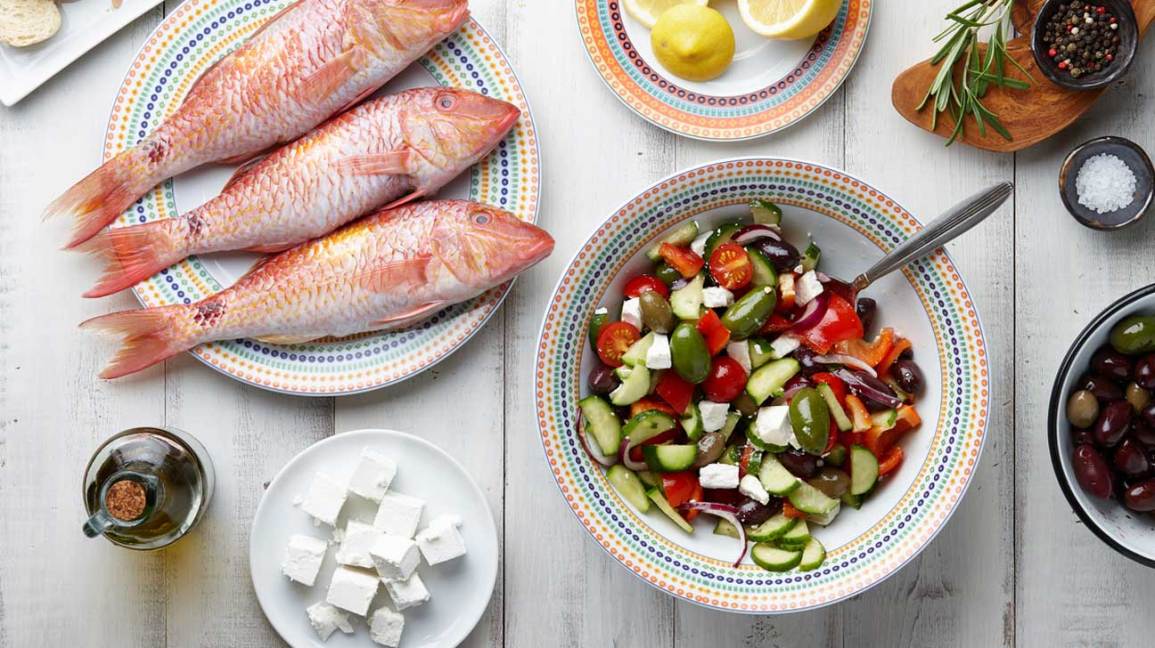
Source :- healthline . com
PCOS Diet Plan To Lose Weight:
Following a native diet is always more beneficial. For most women with PCOS, weight loss is the primary target. That makes them follow diets that can actually aggravate PCOS. A good PCOS diet plan to lose weight will give the body the nutrients that are needed to help control the hormonal imbalance. It also ensures that enough nutrients are available to help reduce the symptoms of PCOS. So let’s see a PCOS diet plan to lose weight below…
Day 1:
Breakfast (8:00-8:30 A.M):
- 3 Idli
- 1 cup Sambar
- 1 tablespoon Green chutney or Tomato Chutney
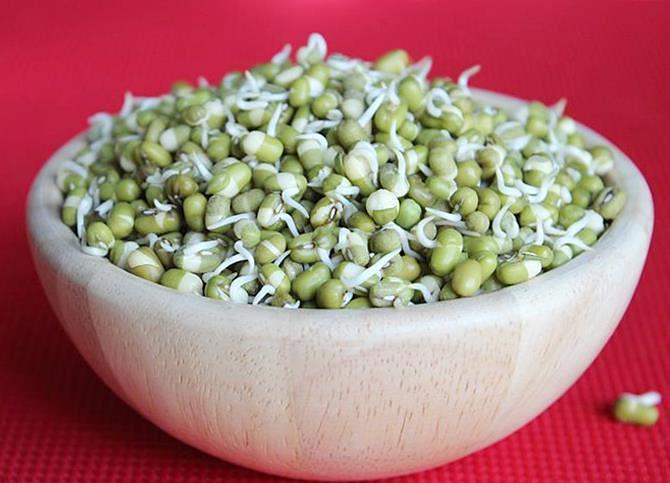
Source :- indianhealthyrecipes . com
Mid Morning Meal (11:00-11:30 A.M):
- 1 cup Green Gram Sprouts
Lunch (2:00-2:30 P.M):
- 3 Roti.
- 1 cup cabbage sabji.
- Fish curry ( 100 gm fish).
- 1/2 cup salad.
Evening (4:00-4:30 P.M):
- 1 Seasonal fruit
( Avoid: Banana, Jackfruit, Mango, Custard apple, Chikku.)
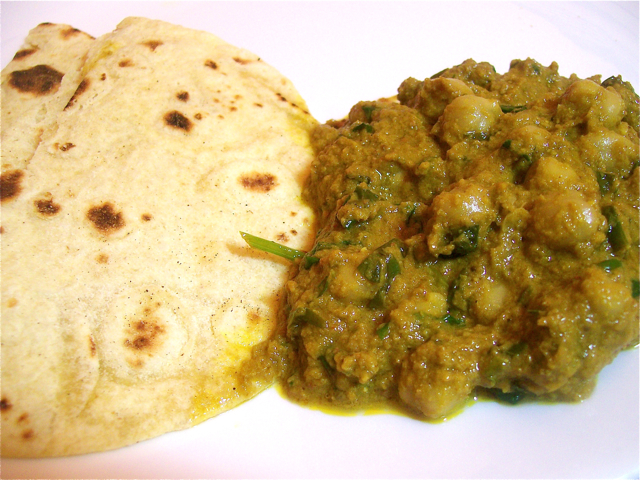
Dinner (8:00-8:30 P.M):
- 2 Roti.
- 1 cup vegetable sabji.
Day 2:
Breakfast (8:00-8:30 A.M):
- 2 Slice brown bread.
- 1 slice low fat cheese.
- 2 Boiled egg white.

Source :- cookingmatters . org
Mid Morning Meal (11:00-11:30 A.M):
- 1 Seasonal fruit
( Avoid: Banana, Jackfruit, Mango, Custard apple, Chikku.)
Lunch (2:00-2:30 P.M):
- 1 cup Veg pulao rice.
- 1cup Soya Chunk curry.
- 1 cup Butter Milk.
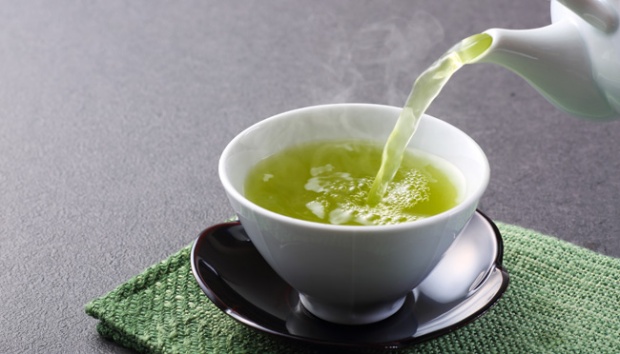
Source :- en . tempo . co
Evening (4:00-4:30 P.M):
- 1 cup green tea.
- 2 wheat rusk.
Dinner (8:00-8:30 P.M):
- 2 Roti.
- 1 cup Ladies finger sabji.
Day 3:
Breakfast (8:00-8:30 A.M):
- 3 Chappati.
- 1 Cup Potato green peas curry.
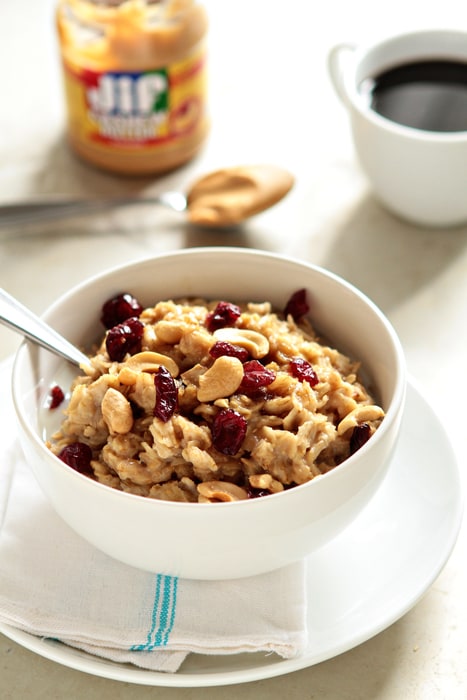
Source :- mybakingaddiction . com
Mid Morning Meal(11:00-11:30 A.M):
- 1/2 cup boiled black channa.
Lunch (2:00-2:30 P.M):
- 1 Cup rice
- 1 Cup Dal
- 1/2 cup Palak sabji.
- 1/2 cup low fat curd.
Evening (4:00-4:30 P.M):
- 1 Seasonal fruit.
( Avoid: Banana, Jackfruit, Mango, Custard apple, Chikku.)
Dinner (8:00-8:30 P.M):
- 1 cup Broken wheat upma.
- 1/2 cup green beans sabji.
Check Related Article:-
- Pregnancy Diabetes Diet Indian Meal Plan
- Astonishing Benefits of Raw Food Diet to Lose Weight
- PCOS Diet Chart Vegetarian: What To Eat What To Avoid
- Low Carb Diabetes Diet To Control Diabetes
- Diet Of Thyroid Patient: What To Eat What To Avoid
- Weight Loss Diet Chart For Vegetarian: 7 Day Meal Plan
Day 4:

Source :- ihop . com
Breakfast (8:00-8:30 A.M):
- 2 Methi Parata.
- 1 tbs green chutney.
Mid Morning Meal (11:00-11:30 A.M):
- 1 Portion fruit
( Avoid: Banana, Jackfruit, Mango, Custard apple, Chikku.)
Lunch (2:00-2:30 P.M):
- 1 cup rice
- Chicken curry( 150 gm chicken)
- 1 cup cucumber salad.

Source :- healthvely . com
Evening (4:00-4:30 P.M):
- 1 Cup light tea.
- Brown rice flakes poha 1 cup.
Dinner (8:00-8:30 P.M):
- 3 Roti.
- 1/2 cup Bitter guard sabji.
Day 5:
Breakfast (8:00-8:30 A.M):
- 1 cup Vegetable Oats Upma.
- 1/2 cup low fat milk.

Source :- theblueroom . bupa.com . au
Mid Morning Meal (11:00-11:30 A.M):
- Plane Yoghurt with raw vegetables
- 1 cup grilled vegetables.
Lunch (2:00-2:30 P.M):
- 1/2 cup rice.
- 2 medium chappati.
- 1/2 cup Kidney beans curry.
- 1/2 cup Snake guard sabji.
Evening (4:00-4:30 P.M):
- 1 cup boiled channa
- light tea 1 cup.
Dinner (8:00-8:30 P.M):
- 2 Roti.
- 1/2 cup mix veg curry.
Day 6:
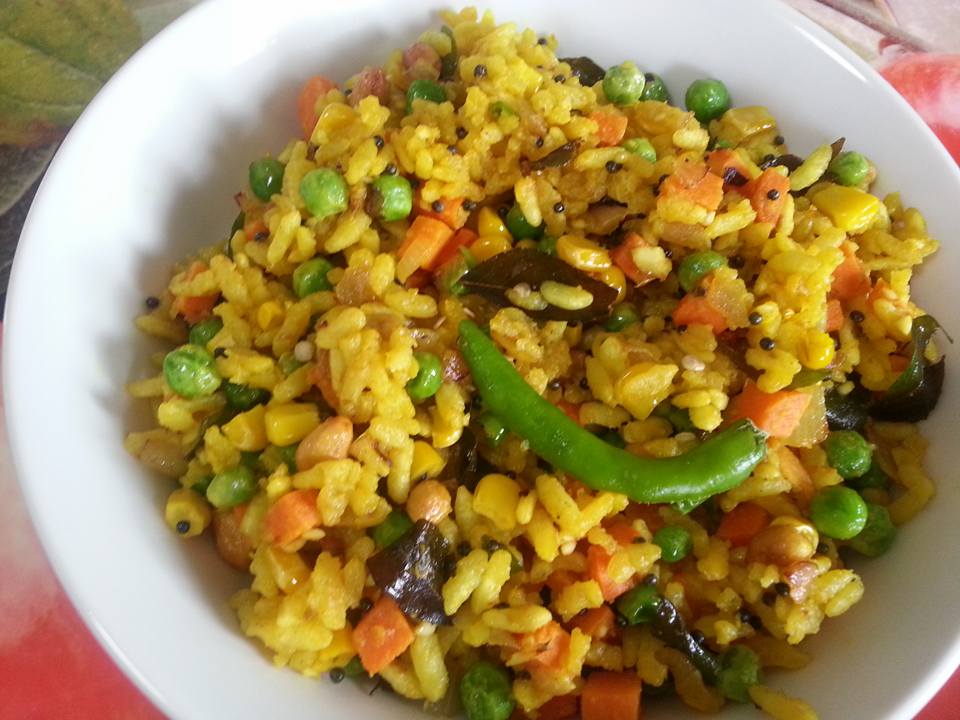
Source :- healthycookingwithkusum . blogspot . com
Breakfast (8:00-8:30 A.M):
- Mix veg Poha 1 cup
- 1/2 cup low fat milk.
Mid Morning Meal (11:00-11: 30 A.M):
- 1 Seasonal fruit
( Avoid: Banana, Jackfruit, Mango, Custard apple, Chikku.)
Lunch (2:00-2:30 P.M):
- 3 Chappati.
- 1/2 cup cluster beans sabji.
- Fish curry(100g fish) 1/2 cup.
Evening (4:00-4:30 P.M):
- 1 cup tea
- 2 biscuits (Digestive, Nutrichoice or Oatmeal.)
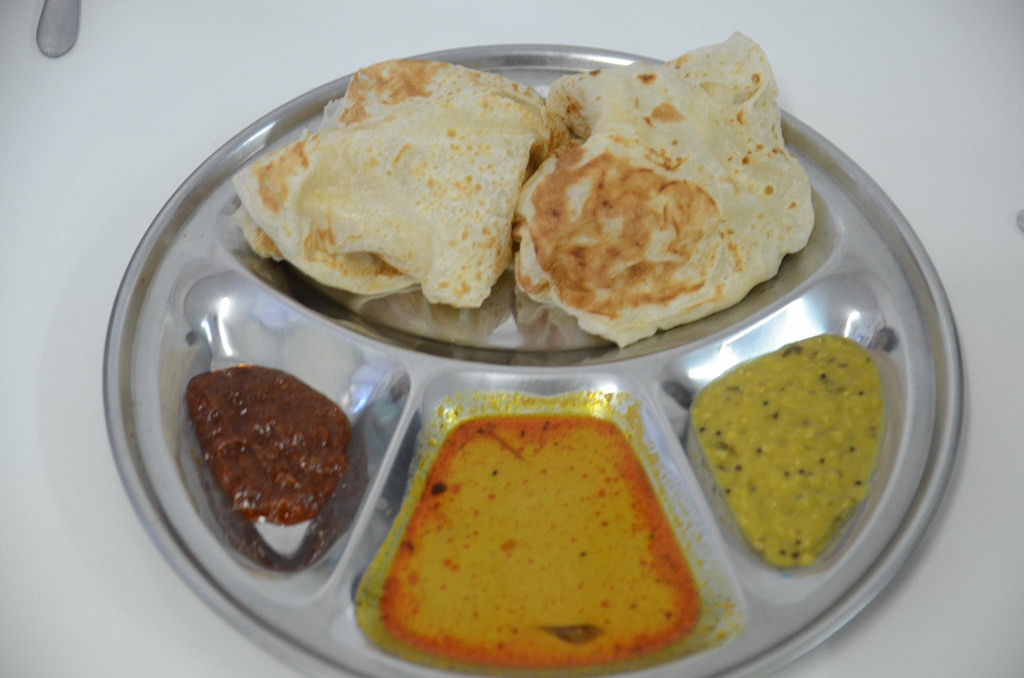
Source :- flickr . com
Dinner (8:00-8: 30 P.M):
- 2 Roti
- 1/2 cup ridge guard sabji.
Day 7:
Breakfast (8:00-8:30 A.M):
- 2 Bason cheela.
- 1 tbs green chutney.
Mid Morning Meal (11:00-11:30 A.M):
- 1 cup boiled channa
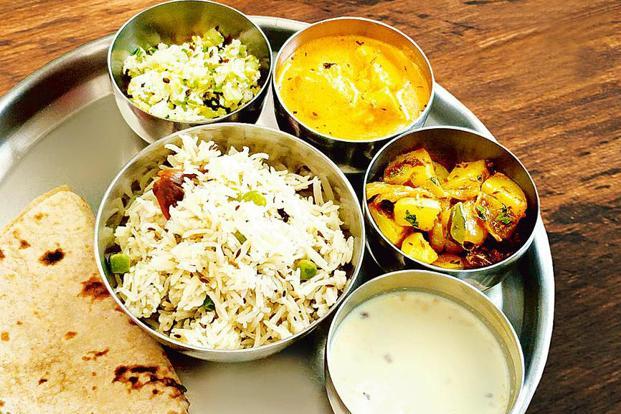
Source :- livemint . com
Lunch (2:00-2:30 P.M):
- 1 cup rice.
- 1/2 cup Soya chunk curry.
- 1/2 cup Ladies finger sabji.
- small cup low fat curd.
Evening (4:00-4:30 P.M):
- 1 Portion fruit.
( Avoid: Banana, Jackfruit, Mango, Custard apple, Chikku.)
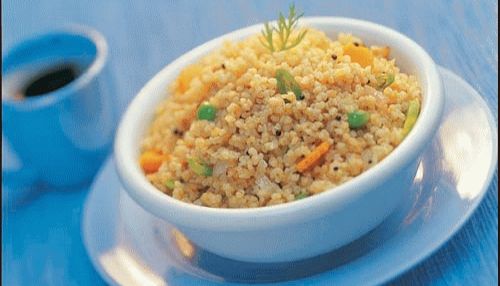
Dinner (8:00-8:30 P.M):
- 1 cup Broken wheat upma.
- 1/2 cup green beans subji.